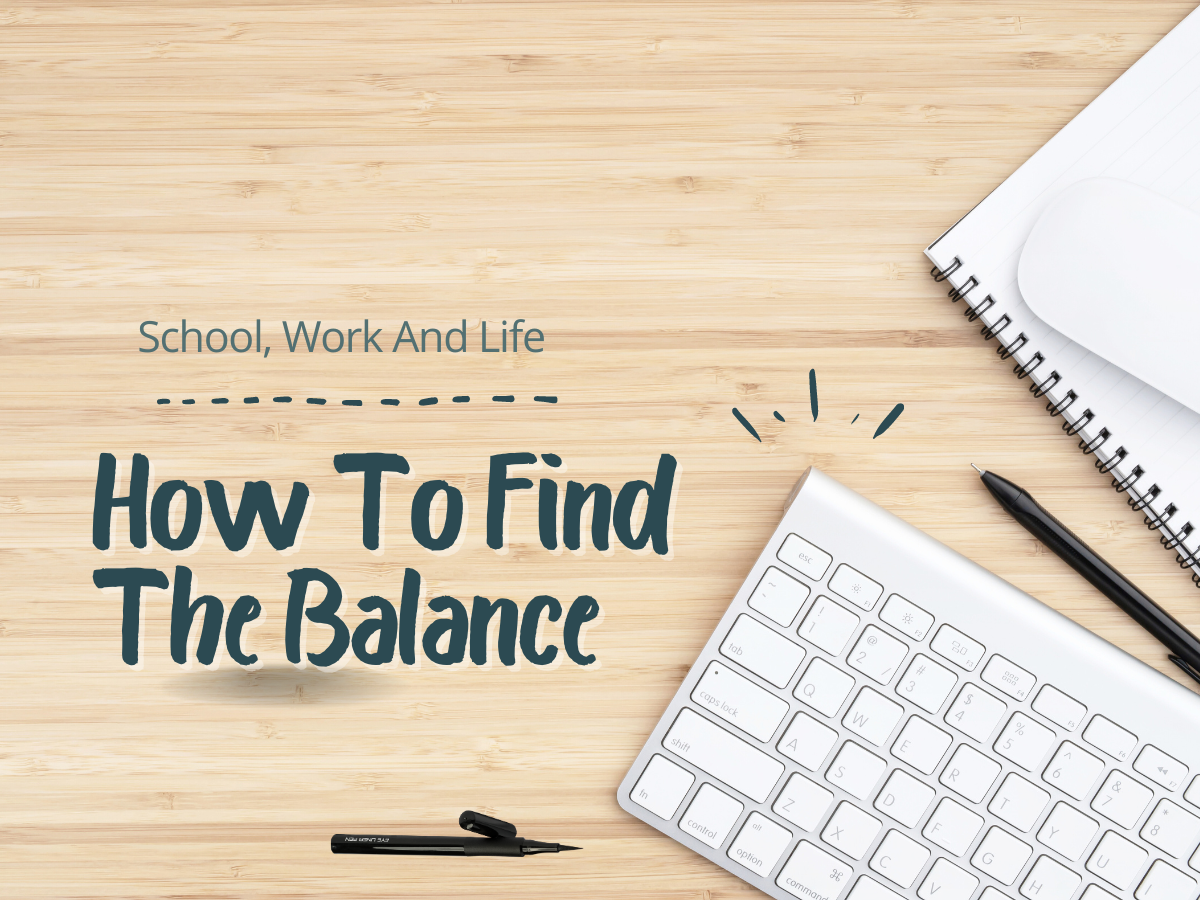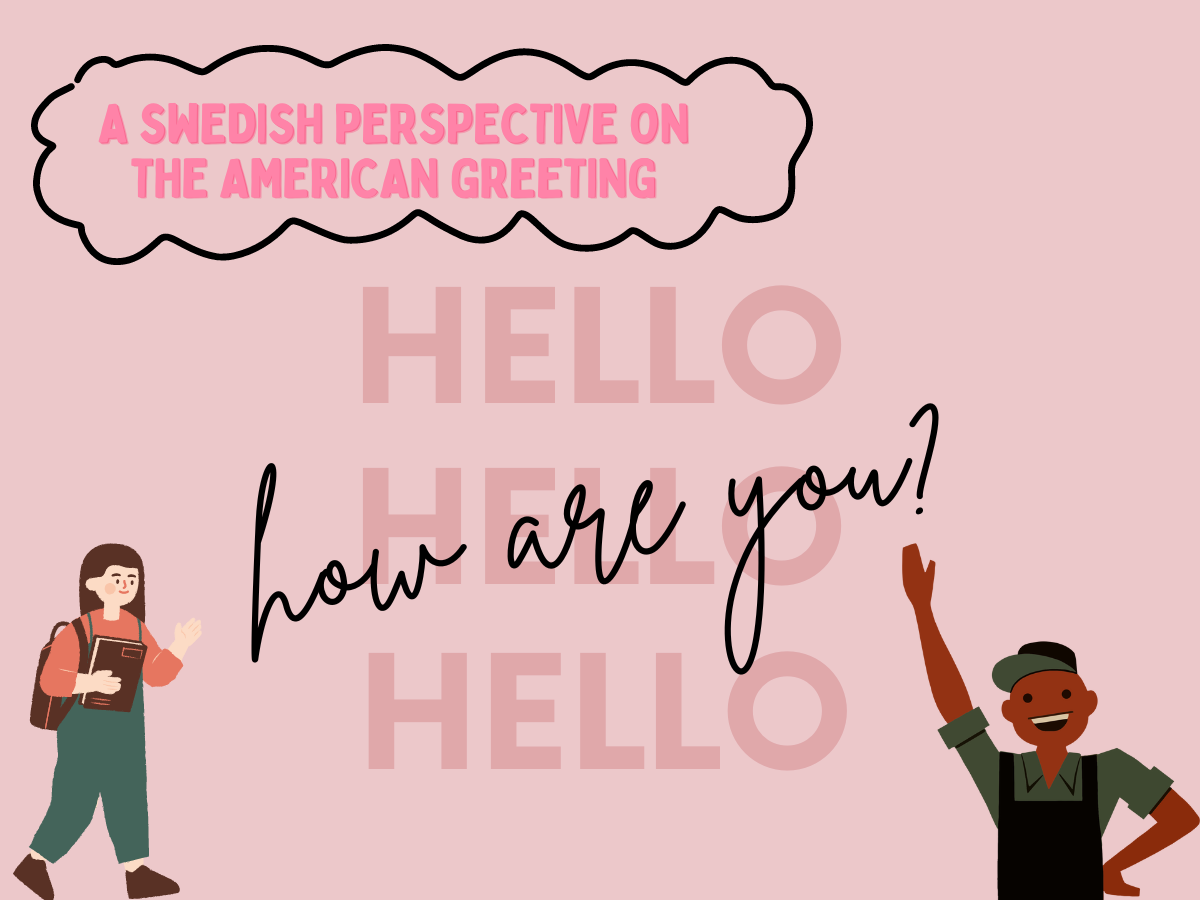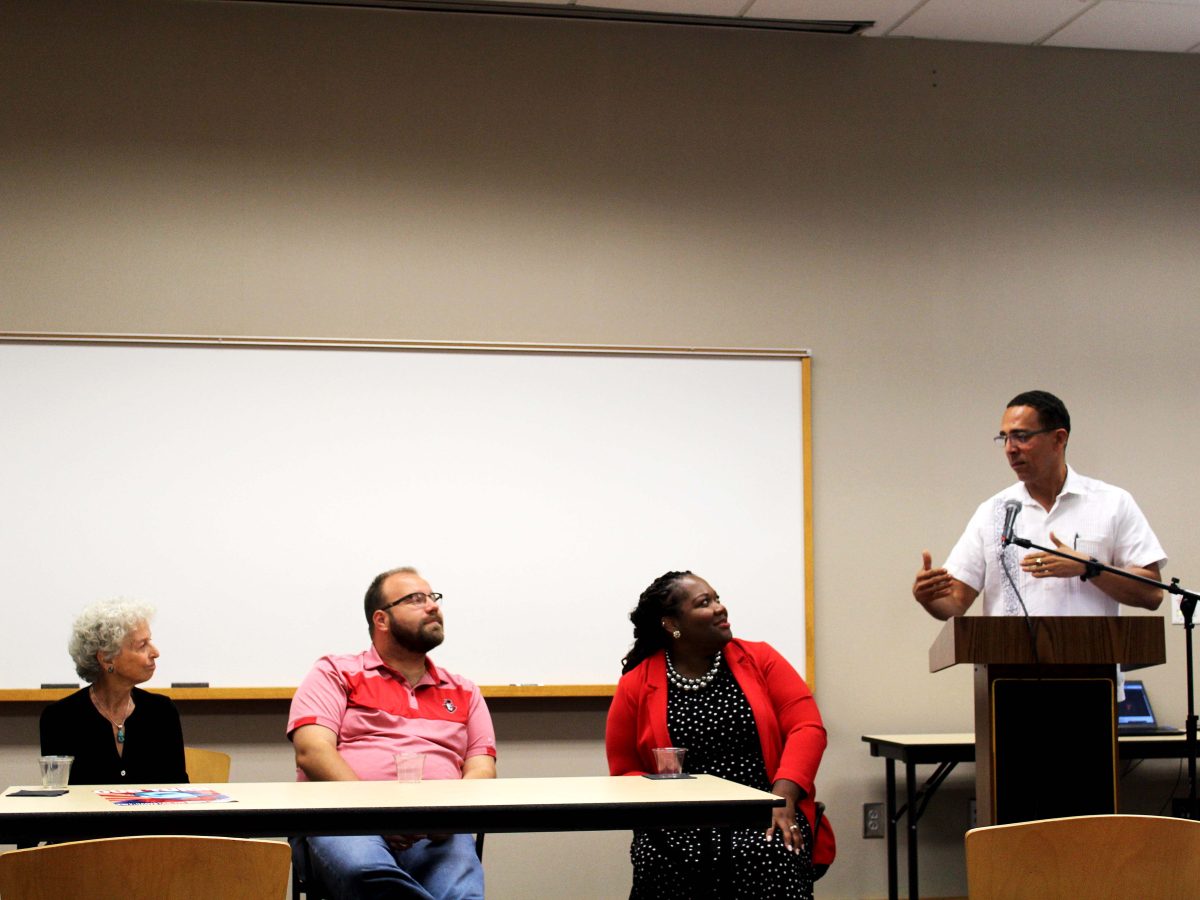Learn about scientific research and findings before becoming skeptical about it. Scientists went to school to earn their right to be skeptical. Earn your right, too.
Imagine coming out of school with a degree in your field. What if the general public questioned everything you did or planned to do? It would get irritating, right? It may even lower your self-esteem. Now, imagine how scientists feel every day with the general public questioning them.
A lot of scientific research, from less important topics to more serious ones, is ignorantly criticized by the general public.
According to Pew Research, the most controversial topic between scientists and the general public is genetically modified foods. Around 88 percent of scientists say genetically modified food is generally safe.
One of the main reasons there is a lot of skepticism from the population is because they believe scientists don’t have a good enough understanding of genetically modified foods.
“Since I’m a science major, I think skepticism has to come from experience with that particular field,” said freshman chemistry major Austin Sun. “I have learned it is hard to propose questions about an experiment when I haven’t worked with it before.”
Scientists go to school to study and research different findings and subjects. They don’t know everything about science, but they do know a great deal in their field of study.
Another major skepticism from the general public is toward vaccinations. This topic is controvercial for many reasons, from religion to health.
“It is healthy to be skeptical, because when we stop thinking, we allow other people to run our lives,” said junior accounting major Caity Purcell. “However, we may have gotten a little out of control with skepticism, especially with vaccinations that have health benefits.”
Cynicism is also present in the topic of climate change. Although scientists do a lot of research on the matter to back up their take on climate change, many still question whether or not they fully believe global warming exists.
This could be avoided if the general public researched the topic more thoroughly.
“It’s good for people to be skeptical in moderation,” said freshman biochemical major Peter Ponce. “People should question things, because, if we don’t, nothing changes or advances, but it is what we choose to question that matters. I can question things like climate change, but at the end of the day, I don’t have expertise on the matter. Scientists, on the other hand, do, and it should be left up to them to be the most skeptical.”
Doubt toward science research can help scientists find flaws, but let it be educated judgement.
It is good to question new advancements or developments so there is not complete dependence on others.
Keep up-to-date with new research and findings so you can be skeptical with background information and make educated objections.
Being more aware of current events in development and research may even decrease the general public’s skepticism.
It is OK to be skeptical. Even scientists are skeptical about their research. However, don’t become cynical about every new finding.
Scientists earned their degrees. Trust their education every now and then.













